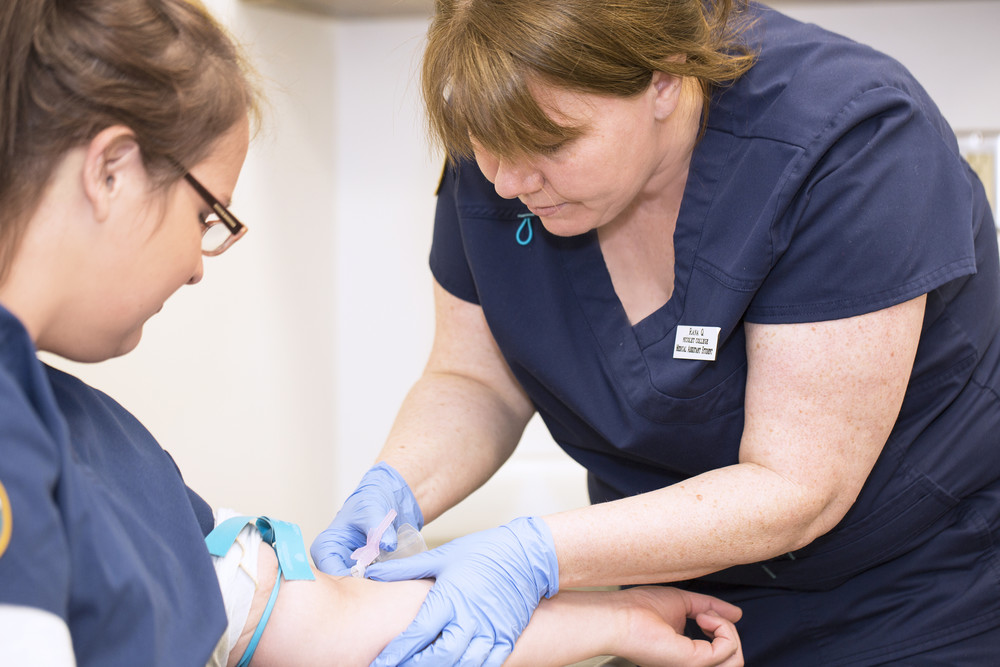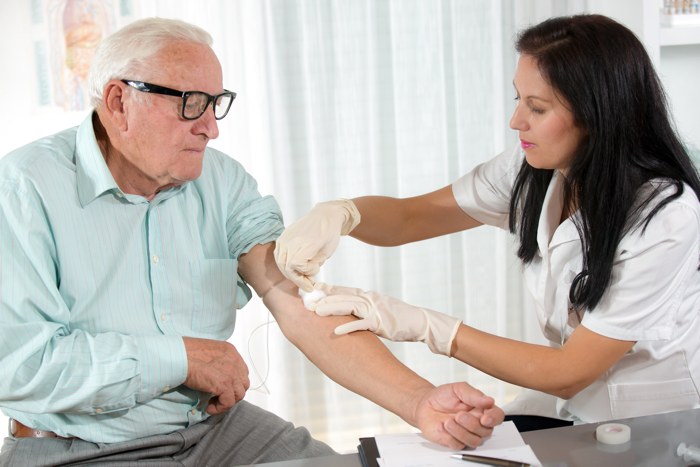Premier Northeast Medical Institute Phlebotomy Training Stamford: Hands-On Discovering Experience
Premier Northeast Medical Institute Phlebotomy Training Stamford: Hands-On Discovering Experience
Blog Article
Critical Aspects to Take Into Consideration When Choosing the Many Appropriate Medical School Curriculum for You
Choosing the most suitable medical school educational program is a critical choice that can significantly affect your educational trip and future career course. As striving medical experts, the choice of educational program should line up with your individual understanding design and job desires.
Personal Understanding Style

Clinical schools that provide varied mentor methods and resources can accommodate numerous finding out styles, promoting a inclusive and vibrant educational atmosphere. Eventually, understanding personal discovering choices encourages students to make educated decisions concerning their clinical education, setting a solid structure for their future jobs in medical care.
Career Objectives Positioning

Moreover, straightening career purposes with the clinical college curriculum can also enhance motivation and engagement throughout the instructional journey. When students see the straight significance of their coursework to their future career, they are extra likely to remain focused and dedicated to their researches. Therefore, when choosing a medical institution educational program, it is vital to thoroughly consider exactly how well it aligns with one's profession purposes to guarantee an effective and fulfilling expert course.
Teaching Methods
Taking into consideration the positioning of job objectives with the selected clinical school curriculum, an exam of the teaching methods used ends up being essential in forming the finding out experience. The effectiveness of a medical institution educational program greatly relies on the teaching methods made use of by the organization. Different mentor approaches, such as talks, small group discussions, problem-based knowing, simulation-based training, and hands-on professional experience, can significantly affect just how well students keep and comprehend info.
Simulation-based training enables trainees to exercise scientific skills in a regulated setting before interacting with actual individuals. Hands-on scientific Look At This experience uses a firsthand understanding of patient treatment and medical techniques.
When choosing a medical institution curriculum, aiming trainees should take into consideration the training techniques utilized to ensure that their understanding preferences and toughness line up with the instructional technique of the institution.
Curriculum Versatility
When evaluating clinical college programs, examining the extent of curriculum adaptability is necessary for prospective trainees seeking a customized educational experience. Educational program flexibility refers to the level to which students can customize their understanding paths within the medical college curriculum. An educational program that offers versatility permits students to pursue their rate of interests, emphasis on areas where they need extra support, and participate in finding out experiences that straighten with their occupation objectives.

Potential clinical pupils should consider exactly how a clinical school's educational program adaptability aligns with their knowing preferences, occupation ambitions, and individual objectives. By picking a program that supplies the ideal balance of framework and adaptability, pupils can maximize their instructional experience and prepare themselves for effective jobs in medication.
Scientific Exposure Opportunities
Exploring the sensible application of medical knowledge, professional direct exposure opportunities play an essential duty in forming an extensive medical education and learning. These possibilities supply students with invaluable hands-on experience in actual healthcare setups, enabling them to link the space in between theory and technique. When thinking about clinical college educational program, the top quality and amount of medical direct exposure should be meticulously reviewed.
Effective professional exposure should supply a diverse series of experiences across numerous specialties, making sure that students are subjected to various medical situations and person demographics. Exposure to outpatient centers, inpatient wards, medical theaters, and emergency divisions can aid students establish a well-rounded understanding of different aspects of medical care delivery. Furthermore, opportunities for community-based treatment and interactions with underserved populations can promote a much deeper appreciation for the social factors of health and wellness.
In addition, the presence of helpful faculty and mentors during these scientific experiences can significantly improve the discovering procedure. Professors advice and constructive feedback can help trainees assess their scientific experiences, recognize locations for renovation, and boost their decision-making abilities and medical skills (Northeast Medical Institute CNA Classes Near me Stamford). In general, robust medical exposure chances are necessary for preparing future doctors to supply high quality patient care properly
Verdict
To conclude, when picking a clinical institution curriculum, it is important to consider link your personal learning this style, placement with job purposes, showing approaches, curriculum flexibility, and professional direct exposure chances. These elements play an important role in identifying the most ideal program for your academic and professional advancement. See to it to extensively assess each aspect to make an educated decision that will certainly best sustain your growth in the clinical field.
Understanding one's individual knowing design is vital when selecting a clinical institution educational program. By determining one's learning design early on, aspiring clinical trainees can strategically pick a curriculum that provides to their staminas, ultimately improving their knowing experience and scholastic success.
When assessing clinical school programs, analyzing the degree of curriculum versatility is essential for potential students seeking a customized educational experience. Educational program flexibility refers to the degree to which pupils can personalize their discovering courses within the medical school educational program.In verdict, when selecting a clinical college curriculum, it is vital to consider your individual learning style, positioning with job goals, educating methodologies, educational program adaptability, and medical direct exposure possibilities.
Report this page